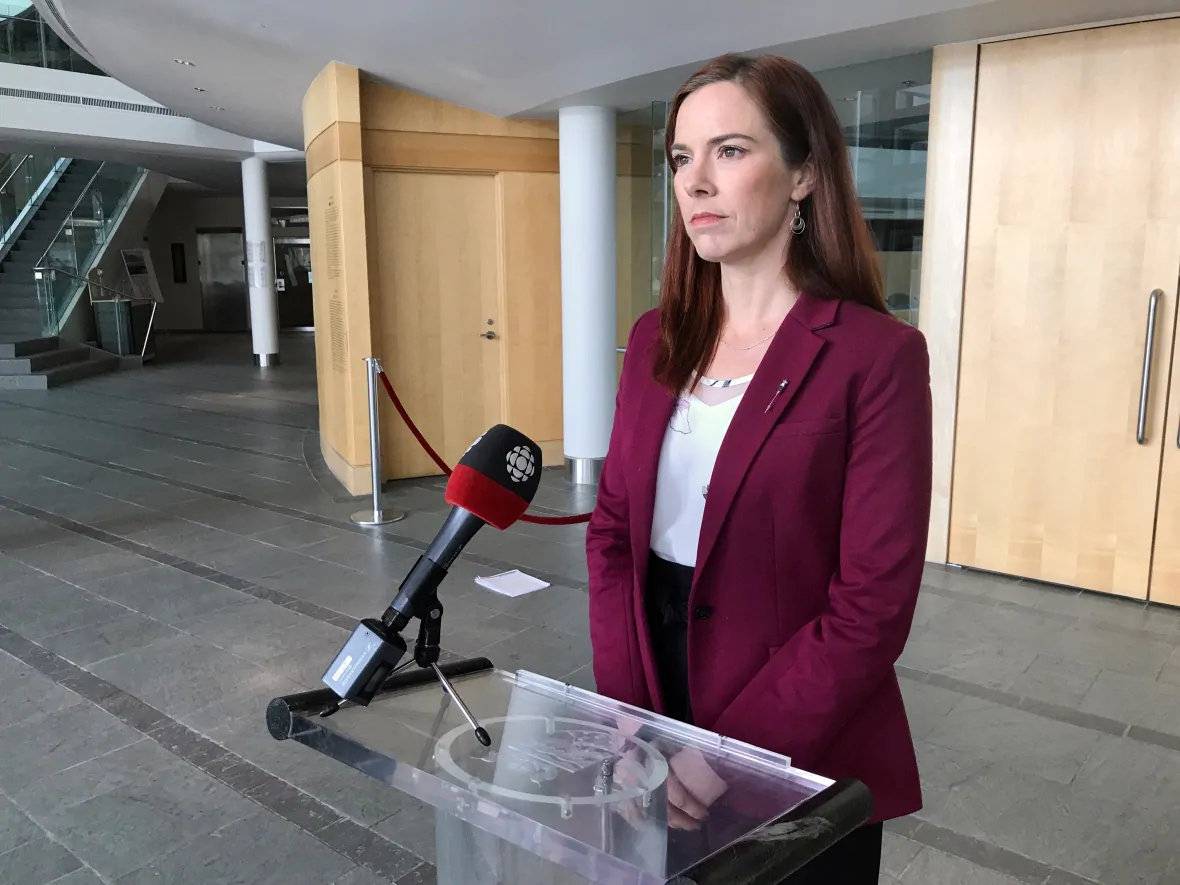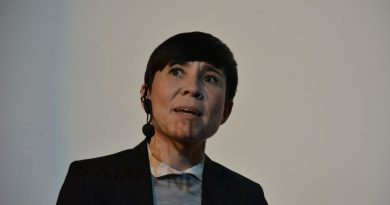Canada’s Northern MPs say virtual parliament is opportunity to tackle broadband challenges

Some of Canada’s northernmost MPs are hoping the virtual House of Commons sessions starting Tuesday can lead to more discussions about broadband connectivity in non-urban areas.
Northwest Territories Liberal MP Michael McLeod is working from a laptop at his home in Fort Providence, N.W.T. He said he has some difficulties connecting to Zoom conference calls, and, due to limited bandwidth in the North, is resigned to audio-only participation.
McLeod said the pandemic “reinforces” the need to connect Canadians with reliable internet.
“If [the government] didn’t know it was a problem before, they certainly do now,” McLeod said. “Because we flag it as an issue.”
McLeod and his colleagues in the Liberal government’s rural caucus have brought up internet connectivity problems many times in the last few weeks as the coronavirus pandemic stretches on.
The House of Commons passed a motion last week to hold twice-weekly virtual meetings. Up to 32 MPs who are already in the national capital region will also be able to attend a third in-person session on Wednesdays.
Nunavut MP not sure if virtual parliament would work in her riding
Mumilaaq Qaqqaq, the NDP MP for Nunavut, is staying in the nation’s capital during the pandemic.
She said she is not sure whether she would be able to access virtual Parliament if she returned to her hometown of Baker Lake, Nunavut, to work.
“Maybe in Iqaluit, in the capital, that would be one thing — but if I wanted to be in my hometown or in a smaller community … that might not work for me,” she said.
Recent numbers from the Canadian Radio-television and Telecommunications Commission (CRTC) show that only 40 percent of homes in rural communities have access to reasonable internet download and upload speeds of 50 mbps and 10 mbps, respectively, compared to nearly 86 per cent for the rest of the country.
Qaqqaq said she is not aware of any consultation that was done with northern MPs before the virtual sittings were adopted. Still, the NDP and the Bloc Quebecois supported the Liberal’s original plan.
Providing internet access ‘fair’ to families forced to stay home
Qaqqaq said there is an opportunity to notice the gaps in internet connectivity and really make them a broader conversation on how to get everyone connected.
“Fairness would be that people across the country have access to services we need, access to the internet,” Qaqqaq said.
“There’s lots of parents that are asked to work from home, so if we’re going to ask people to do this across the country, it’s only fair that we’re given all that equal opportunity.”

Caroline Wawzonek, the N.W.T.’s finance minister, asked the federal finance committee in a presentation last week to expand the CRTC’s Broadband Fund as a way to connect every home in the territory with reliable internet. Her presentation also mentioned that schools in the N.W.T. were struggling to provide web-based schooling because of connectivity problems.
In their 2019 election platform, the Liberal government promised to provide fast, reliable internet service to every Canadian community by 2030.
McLeod said the Liberals still consider internet connectivity as an important issue.
Some private telecommunications companies, like Bell and Northwestel, have released their plans to lower data fees during the coronavirus pandemic.
So far, there has been no promised federal funding during the pandemic to assist with internet connectivity in the North. Some provinces, like Nova Scotia and Prince Edward Island, have created broadband-specific funds to help those that cannot access high speed internet.
Related stories from around the North:
Canada: Non-profit to set up local, community-run internet service provider in Arctic Canada, CBC News
Finland: Major step towards a Europe-Asia Arctic cable link, Yle News
Greenland: Nunavut-Greenland fibre cable to cost $80M more than planned, CBC News
Norway: New satellites to boost communications in Arctic Norway, The Independent Barents Observer
Russia: Russian military to get fast, secure internet through trans-Arctic cable, The Independent Barents Observer
United States: Alaska’s first wireless 5G network to be built in Anchorage, Alaska Public Media



